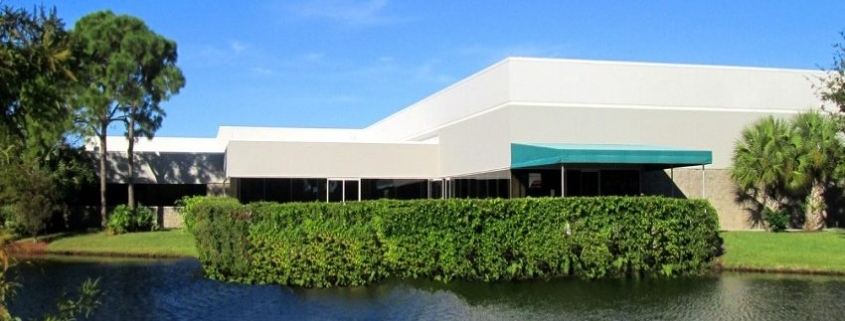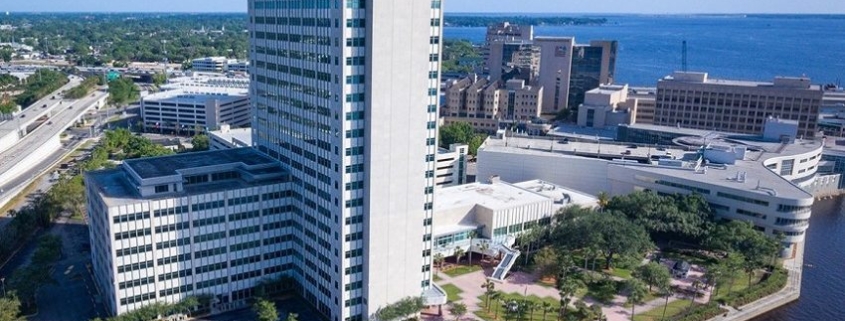While the country’s overall population growth may be slowing, people are flocking to Texas in droves.
The Lone Star State accounted for nearly one-fourth of the population growth in the U.S. between 2018 and 2019.. For Clay Curtis, this population boom means one thing: opportunity.
“It’s a great time for developers to pursue build-to-suit opportunities,” said Curtis, senior vice president at McRight-Smith Construction, a Texas-based construction management firm. “Millions of people are moving to the Dallas-Fort Worth area and they are all looking for services, from doctor’s offices and day cares to bars and coffee shops.”
Build-to-suit properties are designed in collaboration with the landowner to meet the needs of a specific tenant, such as a restaurant or medical facility. Curtis said that as a design-build firm, McRight-Smith has extensive experience working on projects that call for this level of collaboration and transparency.
Bisnow sat down with Curtis to learn more about what is happening in the Dallas-Fort Worth market and why he thinks now is the best time for developers to start searching for land to create their next build-to-suit project.
Bisnow: Where are you seeing CRE opportunity?
Curtis: I’ve seen significant CRE activity not just in the DFW metro area, but also in outlying areas beyond Plano, Frisco and Dallas. Specifically, in northern Collin County, the cities of Anna, Melissa and Prosper are experiencing tremendous growth in residential housing with the corresponding need for medical offices, small to large business offices, restaurants and other retail service businesses. Denton County is experiencing the same growth, particularly in the northern and western portions of the county.
Bisnow: Why do you believe now is the right time for developers to embrace build-to-suit opportunities?
Curtis: Retail occupancy rates in DFW are at 93%, near record highs. This trend has been going on for several years and we see no signs that it is softening. The areas we have identified in the northern sectors of both Collin and Denton counties are booming and we are seeing significant demand for medical office, general office and small to midsize retail space — exactly the types of projects built-to-suit was created for. Couple this high demand with low availability and the opportunity is clear: Build-to-suit offers a wonderful opportunity to capitalize in this growing market.
Bisnow: What are some of the unique aspects of build-to-suit projects?
Curtis: What sets build-to-suit developments apart is that their specific advantages are shared by both the owner-developer and the tenant, allowing for a true win-win scenario. Since developers know exactly what the building will be used for, they can utilize the most modern, energy-efficient and cost-efficient systems to reduce a property’s operating and occupancy costs. For the tenant, build-to-suit provides an opportunity for direct input into the design and construction of the building, resulting in the most efficient use of the interior space. This helps keep the emphasis on the revenue-generating square footage and minimizes common areas, or back-office areas that can often feel oversized when trying to shoehorn a tenant into a larger space than they need.
Bisnow: What can design-build firms bring to these types of projects?
Curtis: Design-build companies like McRight-Smith manage the entire life cycle of a construction project, from the initial planning stages through ensuring that everything remains within budget and is delivered on time. This approach offers owners, developers and future tenants a more direct line of communication during the construction process, without third-party intervention, which is key in build-to-suit projects. Our process is all about collaboration. It starts with a deep dive into the project goals, discussing tenant needs and building specifics with the design team, owner-developer and, in built-to-suit projects, the tenant. The general design-build philosophy can be applied to any asset class. This process helps owners/developers, tenants and construction managers minimize cost, manage expectations, communicate effectively, stay on track of timelines and deliver the best outcomes.
Source: Bisnow
 Located at 1701 Military Trail, Jupiter Innovation Center is the town’s largest for-lease office building. The single-story campus is just one mile south of the 327-bed Jupiter Medical Center, a 55,000 square foot, state-of-the-art cancer center.
Located at 1701 Military Trail, Jupiter Innovation Center is the town’s largest for-lease office building. The single-story campus is just one mile south of the 327-bed Jupiter Medical Center, a 55,000 square foot, state-of-the-art cancer center.



